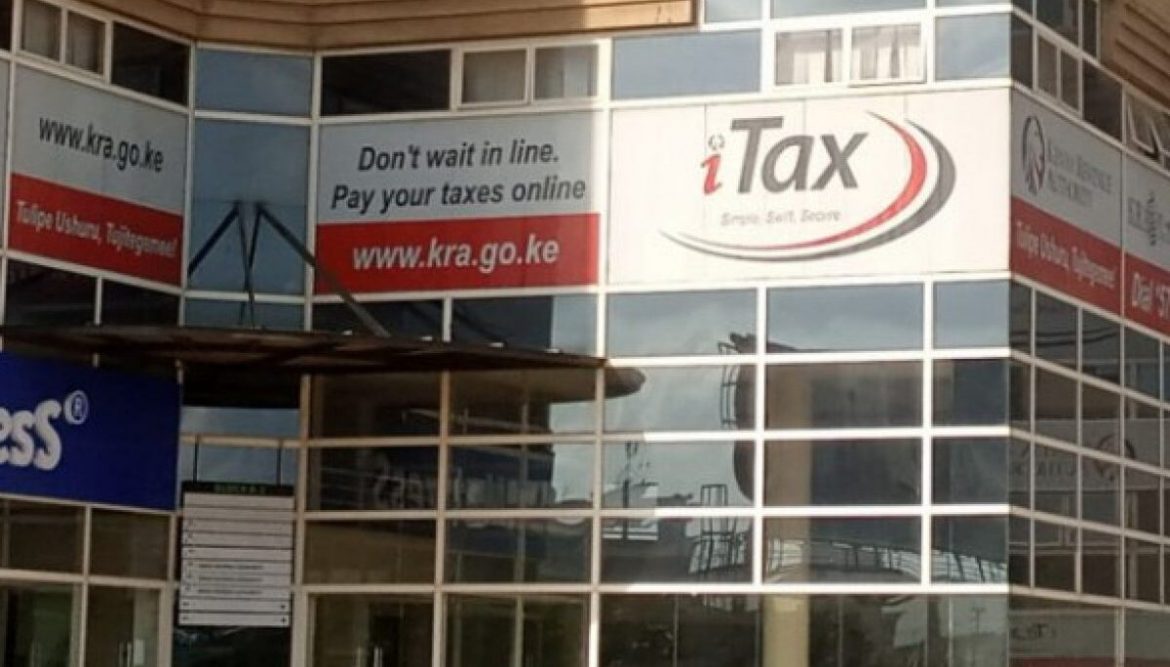- The KRA officers demanded a Ksh120,000 bribe as a condition for the release of goods they had confiscated from the traveler.
- The traveler refused to pay the bribe and instead reported the matter to EACC.
- They are being detained at the Industrial Area police station, awaiting to be arraigned in court on Monday.
Detectives from the Ethics and Anti-Corruption Commission (EACC) have arrested two Kenya Revenue Authority (KRA) officers for demanding a bribe from a traveler.
EACC, in a statement issued on Saturday, February 22, 2025, said that the officers identified as Mutava Lawrence and Timothy Momanyi were arrested on Friday evening at the Jomo Kenyatta International Airport (JKIA).
According to EACC, the two officers demanded a Ksh120,000 bribe as a condition for the release of goods they had confiscated from the traveler.
“As part of the ongoing crackdown on bribery at service delivery points, the EACC arrested Mutava Lawrence and Timothy Momanyi, employees of the Kenya Revenue Authority deployed as customs officers at the Jomo Kenyatta International Airport, for allegedly demanding a KES 120,000 bribe as a condition for the release of goods they had confiscated from a traveler,” EACC said.
The traveler refused to pay the bribe and instead reported the matter to EACC, after which the anti-graft agency swung into action and arrested the suspects as they received the bribe they had demanded.
A search was conducted on them, and a total of Ksh 297,000 was recovered, which is suspected to be proceeds of corruption.
They are being detained at the Industrial Area police station, awaiting to be arraigned in court on Monday.
“The Commission conducted an operation and arrested the suspects on Friday evening while receiving the bribe. After the arrest, a search was conducted on the suspects’ cars where KES297,000 suspected to be proceeds of corruption and a firearm were recovered. The suspects are held at Industrial Area Police Station awaiting further processing,” the EACC said.
𝗞𝗥𝗔 𝗢𝗳𝗳𝗶𝗰𝗲𝗿𝘀 𝗔𝗿𝗿𝗲𝘀𝘁𝗲𝗱 𝗮𝘁 𝗝𝗞𝗜𝗔 𝗙𝗼𝗿 𝗗𝗲𝗺𝗮𝗻𝗱𝗶𝗻𝗴 𝗮 𝗞𝗘𝗦𝟭𝟮𝟬𝗞 𝗕𝗿𝗶𝗯𝗲 𝗙𝗿𝗼𝗺 𝗮 𝗧𝗿𝗮𝘃𝗲𝗹𝗲𝗿
— EACC (@EACCKenya) February 22, 2025
As part of the ongoing crackdown on bribery at service delivery points, the EACC arrested Mutava Lawrence and Timothy Momanyi, employees… pic.twitter.com/b4lOTQvzbC





